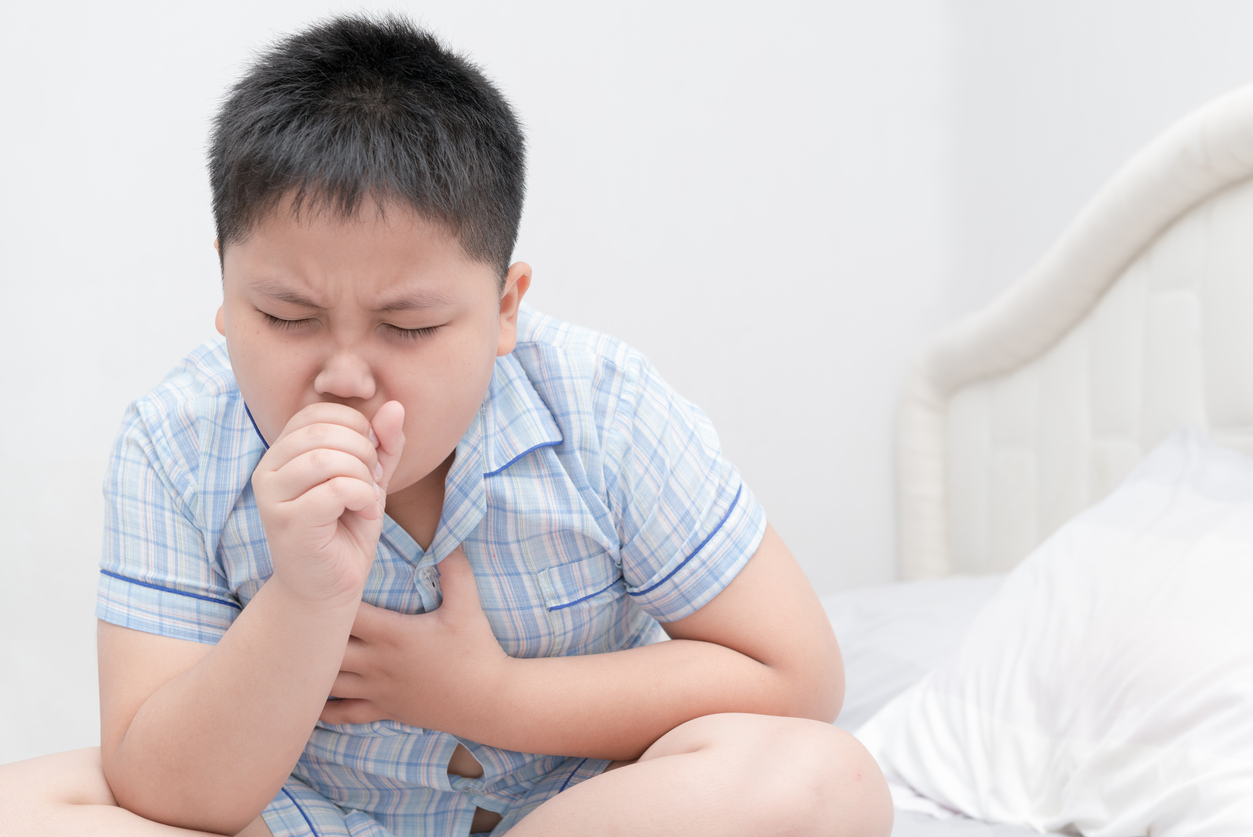Allergies affect over 50 million Americans each year, a growing percentage of which includes children. While any child can develop allergies, it is far more common for children to develop allergies when there is a family history of allergic reactions. Being aware of your family history will allow you to identify allergies among your children more easily, so that you can improve their quality of life in order to keep them in school and extracurricular activities. Addressing the triggers directly will allow you to avoid taking unnecessary time off work to attend to your children and their allergy symptoms. Trying to manage childhood allergies is straightforward if you know what to do.
If your child suffers from allergies, consider these tips and tricks to help identify the allergens and manage his or her allergic symptoms:
Allergy Identification
The first step to managing childhood allergies is to identify exactly what your child is allergic to, in order to minimize his or her exposure to the allergen. Common allergens include dust mites, pollen, molds, and pet dander. If you are unsure of which allergens are affecting your child, schedule an appointment with your doctor so that your child can be tested. Once the test results are conclusive, you will be able to determine which irritants to eliminate from the environment so that you can best manage your child’s allergic symptoms.
Relieving Your Child’s Allergy Symptoms
Once you determine the type of allergy that your child is suffering from, you will be able to identify which environmental factors are triggering his or her symptoms. This makes it simpler to manage childhood allergies. You may have a family pet that is shedding excessive dander, or perhaps your child is exposed to too much pollen during school recess. Once the type of allergy and its source are identified, you can start to help your child cope with the symptoms that he or she is experiencing.
If the source is school-related, you should also inform the administration as soon as possible so that your child’s teachers and supervisors are aware. This will help to create a sustainable environment in which your children are no longer overwhelmed by their allergic symptoms and can function normally.
You should also consult your child’s doctor to determine which course of treatment is most effective at treating his or her specific allergy. Some common allergies may simply require a nasal spray or oral medication to be taken during an allergic outbreak. More severe types of allergies may require immunotherapy, which entails a series of allergy shots which work to decrease the immune system’s sensitivity to a particular allergen.
Ultimately, treating your child’s allergy symptoms will require patience and a sustained commitment to improving the quality of his or her daily life. With the allergy identified and a personalized course of treatment established, your child will soon be able to enjoy a normal, healthy childhood experience.
Allergy Testing With Doctor Shukla
If your child is suffering from allergic symptoms, schedule a consultation with Dr. Shukla today. Dr. Shukla and his caring staff will meticulously test to determine your child’s allergic triggers, and subsequently develop personalized treatment options that you and your child can trust. For this and all additional allergy-related concerns, contact the Asthma Allergy Sleep Center of New York.

